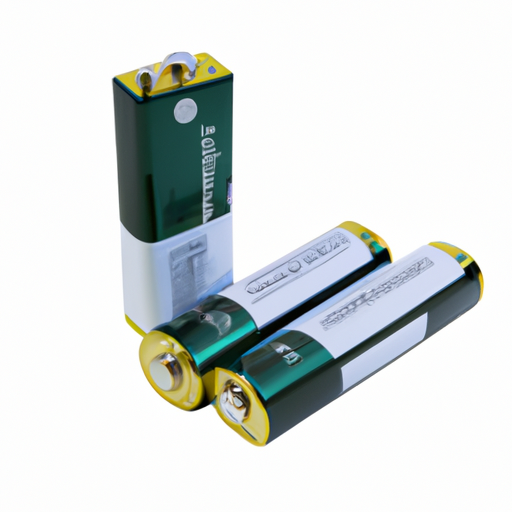Overview of P-11AAHF2 Battery Packs: Core Functional Technologies and Application Development Cases
The P-11AAHF2 battery pack represents a specific type of battery technology that is versatile and applicable across various sectors, including portable electronics, electric vehicles (EVs), and renewable energy systems. Below is a detailed exploration of the core functional technologies associated with battery packs and relevant application development cases.
Core Functional Technologies of Battery Packs
| 1. Cell Chemistry | |
| 2. Battery Management Systems (BMS) | |
| 3. Thermal Management | |
| 4. Modular Design | |
| 5. Smart Technology Integration | |
| 1. Electric Vehicles (EVs) | |
| 2. Consumer Electronics | |
| 3. Renewable Energy Storage | |
| 4. Drones and Robotics | |
| 5. Medical Devices | |
Application Development Cases
Conclusion

The P-11AAHF2 battery pack, like many modern battery technologies, is likely to incorporate advanced features such as smart BMS, effective thermal management, and modular design, making it suitable for a wide range of applications. As technology continues to evolve, the development of battery packs will focus on improving energy density, safety, and sustainability, addressing the growing demand for efficient energy storage solutions across various industries. The ongoing advancements in battery technology will play a crucial role in shaping the future of energy consumption and storage.
Overview of P-11AAHF2 Battery Packs: Core Functional Technologies and Application Development Cases
The P-11AAHF2 battery pack represents a specific type of battery technology that is versatile and applicable across various sectors, including portable electronics, electric vehicles (EVs), and renewable energy systems. Below is a detailed exploration of the core functional technologies associated with battery packs and relevant application development cases.
Core Functional Technologies of Battery Packs
| 1. Cell Chemistry | |
| 2. Battery Management Systems (BMS) | |
| 3. Thermal Management | |
| 4. Modular Design | |
| 5. Smart Technology Integration | |
| 1. Electric Vehicles (EVs) | |
| 2. Consumer Electronics | |
| 3. Renewable Energy Storage | |
| 4. Drones and Robotics | |
| 5. Medical Devices | |
Application Development Cases
Conclusion

The P-11AAHF2 battery pack, like many modern battery technologies, is likely to incorporate advanced features such as smart BMS, effective thermal management, and modular design, making it suitable for a wide range of applications. As technology continues to evolve, the development of battery packs will focus on improving energy density, safety, and sustainability, addressing the growing demand for efficient energy storage solutions across various industries. The ongoing advancements in battery technology will play a crucial role in shaping the future of energy consumption and storage.













